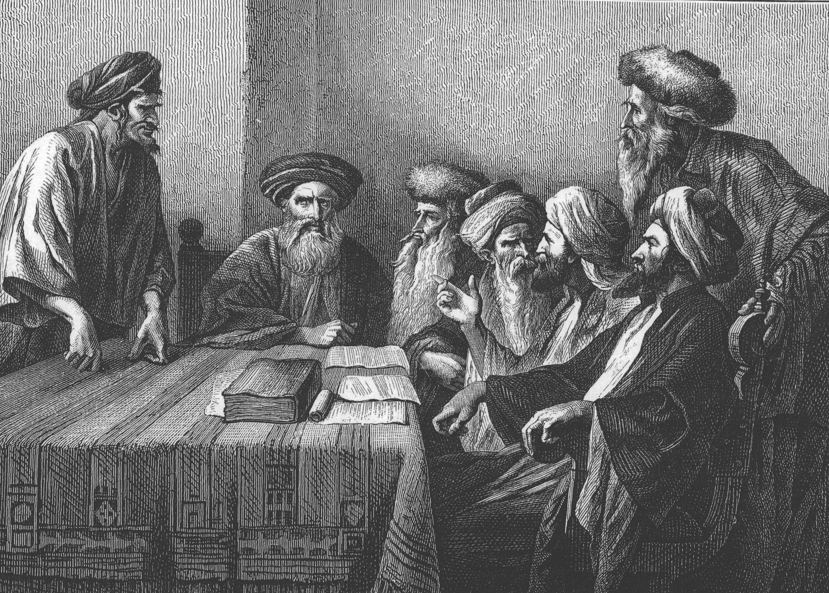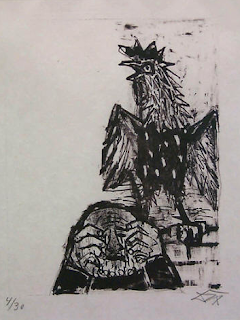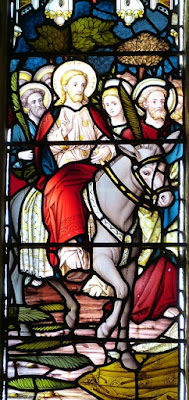 |
| Image: Pixabay |
TODAY’S SPECIAL: Luke 24:13-35
TO CHEW ON: “Then they drew near to the village where they were going, and He indicated that He would have gone farther. But they constrained Him, saying, ‘Abide with us, for it is toward evening, and the day is far spent.’ And He went in to stay with them.” Luke 24:28,29.
This is one of my favourite stories in the whole Bible. There is much to love in it:
- The irony of the disciples walking and talking to the One they grieved but never recognized.
- Jesus opening Torah to them and showing how His own life was its fulfillment.
- Jesus leaving the moment after they recognized Him.
- Their “Aha” moment of understanding their own spiritual response: “‘Did not our heart burn within us while He talked with us on the road, and while He opened the Scriptures to us’?” (Luke 24:32). And there’s more.
Disciple Crossroads
Our pastor recently pointed out a story detail I never dwelt on before—the fact that the disciples had a choice here. They could have let Jesus travel on. But in their desire to spend more time with Him, they pushed past His apparent intention to walk further by begging Him to stop and stay with them.
This wasn’t the only time Jesus put such a crossroad before His disciples.
- Way back when He walked across windy Galilee to them, “straining at the oars,” we read, “He … would have passed them by”—but they cried out to Him and He responded by coming over - Mark 6:48-50.
- Another time, after He gave His controversial ultimatum: “‘I am the living bread … unless you eat the flesh of the Son of Man and drink His blood, you have no life in you,’” many disciples left Him. Jesus then confronted His close followers with: "'Does this offend you … Do you also want to go away?’” Peter’s answer “‘Lord, to whom shall we go?” reflected their sentiments. They wanted to stay (John 6:51-68).
Whether we choose to spend time with Jesus or not is a decision we also face every day. He didn’t force Himself on the Emmaus disciples and doesn’t force Himself on us.
May we respond with Peter and these disciples: “‘Lord, to whom shall we go? You have the words of eternal life…” and “Abide with us” - John 6:68; Luke 24:29.
PRAYER: Dear Jesus, help me to recognize the times I could be spending with You but choose other things. May I respond to the burning in my heart for You. Amen.
*********
Unless otherwise noted all Scripture quotations are taken from the New King James Version®. Copyright © 1982 by Thomas Nelson, Inc. Used by permission. All rights reserved.



















